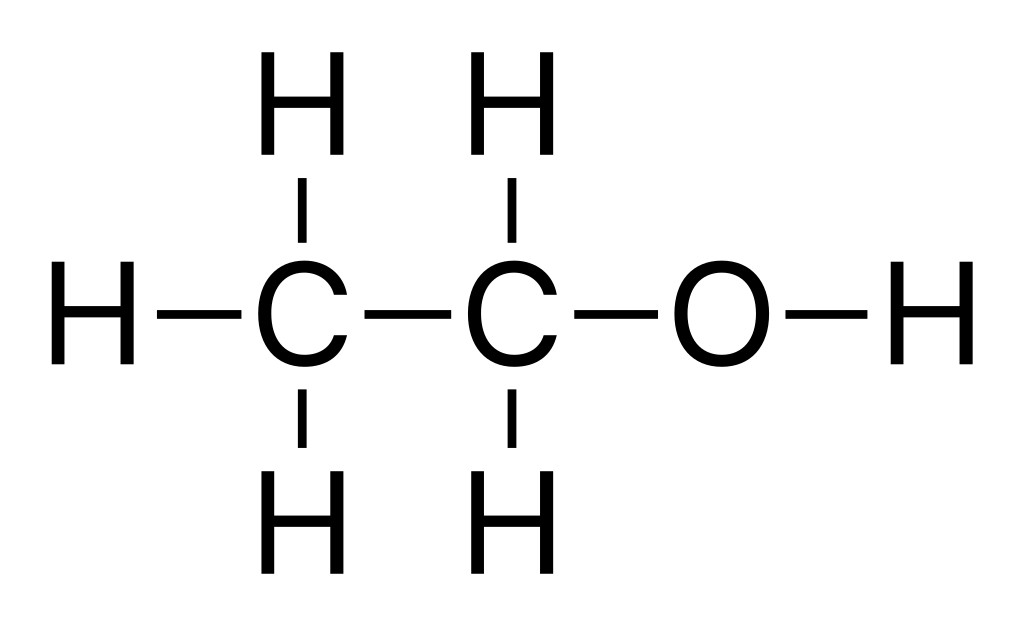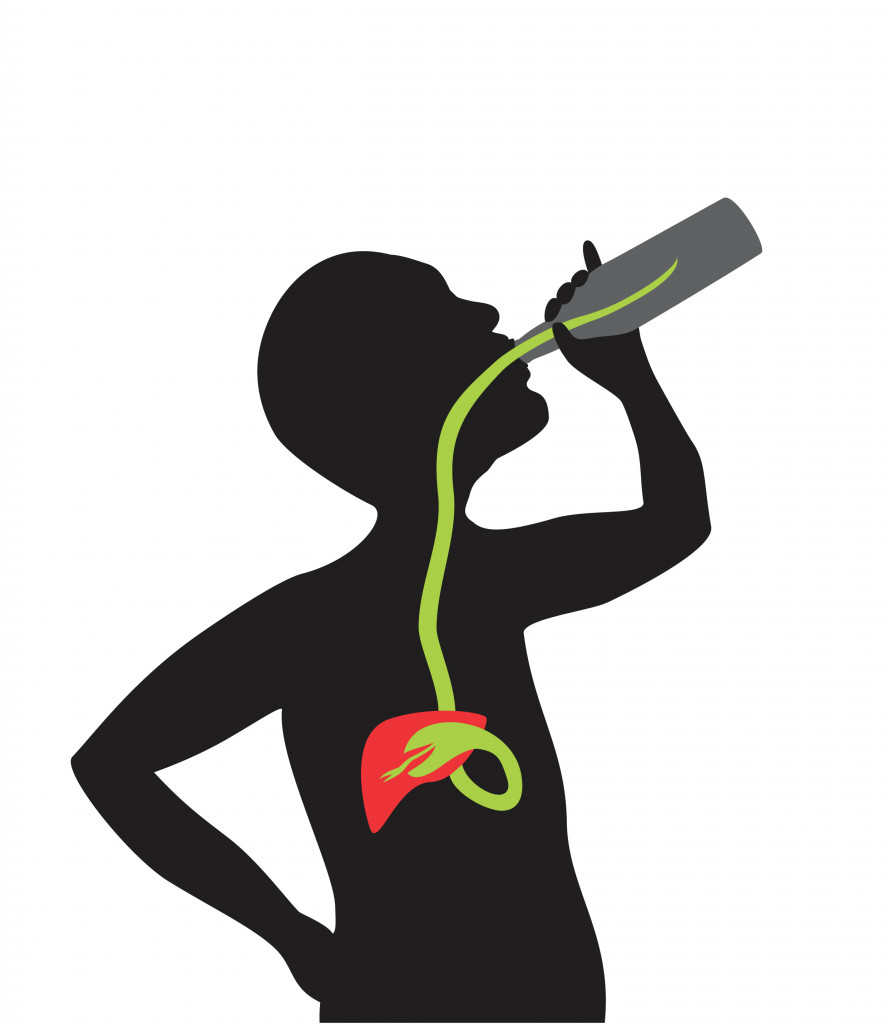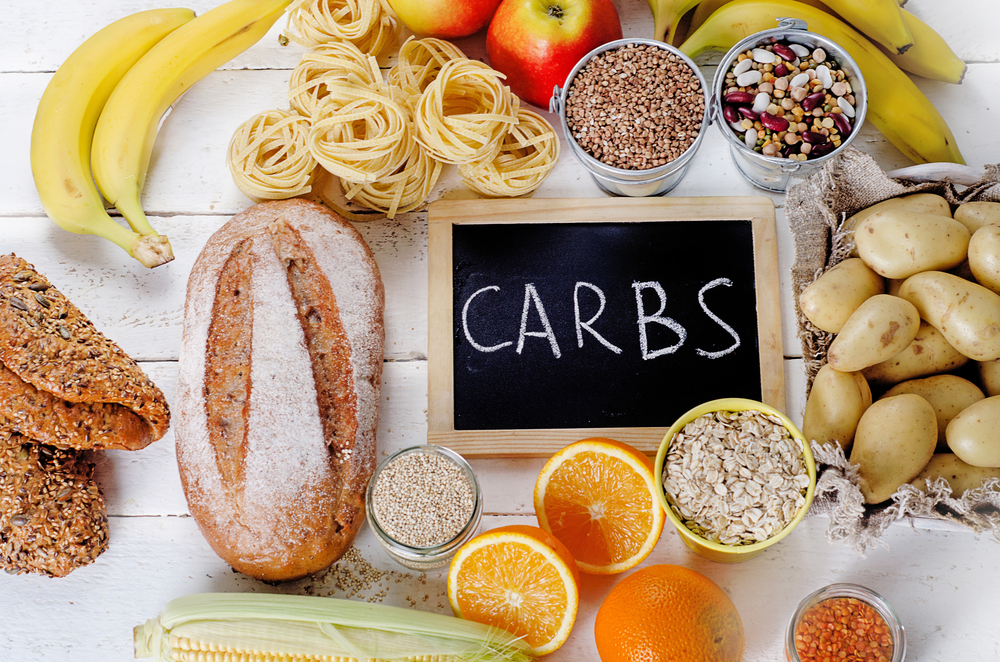Most of the alcohol we drink is absorbed in the small intestine. When we consume alcohol on an empty stomach, the small intestine rapidly absorbs the alcohol into the bloodstream. The presence of food slows down the rate of alcohol absorption, which leads to getting intoxicated slower and fewer ill effects.
To all the adolescents out there eagerly waiting to turn the legal age to drink, this article is for you!
I’m sure most of you must have already heard this piece of advice: “Don’t drink on an empty stomach,” but have you ever wondered why? What is the science behind this classic adage? Let’s talk about it!
Alcohol Absorption By The Digestive System
Alcohol, the liquid that we drink, is the same ethanol or the ethyl alcohol that we study in chemistry. It is a polar molecule readily soluble in polar solvents, such as water, acetone, and blood.
A small amount of alcohol absorption begins in the mouth, where tiny blood vessels absorb the alcohol. The stomach also absorbs a small percentage of alcohol, but most of it is absorbed by the small intestine.

The concentration level of alcohol in most organs in the body becomes the same as in the bloodstream. The exception to this is the liver. The liver is the major organ where the alcohol is metabolized. Plus, it receives an “extra” share of alcohol directly from the intestine via the hepatic portal system. Additionally, organs that have a rich blood supply like the brain and lungs enjoy faster diffusion of alcohol in them.
Also Read: How Are Water And Other Fluids Digested In The Human Body?
Alcohol Metabolism
About 10% of the total consumed alcohol is removed through a person’s sweat, urine, and breath. This is exactly why you might smell a bit bad after drinking alcohol; this is your body is getting rid of it. It’s also exactly why you feel warmer throughout your body when drinking, and might even begin sweating. To know more about how alcohol affects urination trends, click here.
For the remaining 90% of consumed alcohol, the liver is your savior. The enzyme alcohol dehydrogenase, present in the liver, breaks down the alcohol into other chemicals. These are further broken down to eventually produce carbon dioxide and water, which are excreted out.

https://www.shutterstock.com/image-vector/figure-alcoholic-drinking-bottle-48506497
Caption: An excess of alcohol consumption can become problematic for the liver.
Interestingly, alcohol is a diuretic, which also makes the kidneys function more intensely. Kidneys will have to filter out more urine to excrete the byproducts of alcohol metabolism from the body. To know more about how alcohol affects peeing, click here.
Also Read: Why Does Alcohol Make You Pee?
Alcohol Absorption On An Empty Stomach
The rate of alcohol absorption depends on many factors. These include the sex, age, alcohol tolerance, etc.
However, the absorption is quickest when alcohol is drunk on an empty stomach. Blood alcohol levels peak about one hour after consumption on an empty stomach, more so when the alcohol content is 20-30%. Carbonated drinks, such as champagne or whiskey with soda, increase the rate of alcohol absorption in the body.
However, the rate of alcohol absorption is delayed due to food, especially carbohydrates. Blood alcohol levels rise less than a quarter of the rise seen in an empty stomach. Since the body has carbohydrates, or any food, to also absorb, the rate at which alcohol is absorbed into the bloodstream decreases. Basically, it’s like the attention of the body’s absorption system is divided between alcohol and food. Plus, carbohydrates are easier (i.e., quicker) to absorb, as compared to fats, for example.
Also Read: Why Does Alcohol Affect Women More Than Men?
How Drinking Alcohol On An Empty Stomach Affects Your Body
As mentioned above, food slows the alcohol absorption into the body, specifically in the small intestine. Therefore, in the absence of food, alcohol is absorbed very quickly into the body, which exaggerates the effects. The ability to think and the proper coordinated movement of the body start to diminish early and quickly.

Drinking in large amounts on an empty stomach might be a cause of concern. It can lead to vomiting, severe nausea, and nasty headaches. This “hangover” may last longer than usual when it’s caused by consuming alcohol on an empty stomach. It disrupts sleep, can cause sensitivity to light and sound, extreme thirst, and failure to think clearly.
Also Read: Why Do We Make Poor Decisions When We Are Drunk?
What Can You Do When Left With A Glass Of Alcohol In Hand And An Empty Stomach?
It’s all the game of absorption. The game of giving time to the body to absorb, metabolize and excrete the consumed alcohol while it maintains other normal bodily functions.
Your first aim should be to eat something (preferably carbohydrates, like rice) before drinking from that glass in your hand. Or at least eat and drink simultaneously!

If, however, you are unable to find something to eat, dilute your alcoholic drink, either with water or something non-alcoholic, like a juice. Drinking slowly and gradually also helps. It gives your body time to absorb alcohol in little quantities, so that the effects of the alcohol aren’t nearly as severe.
Conclusion
In conclusion, fill up your stomach partially or wholly at least an hour before your drink. Have fun, but let your body have enough time to do what it needs. Also, interestingly enough, the pleasurable effects of alcohol are best achieved with a meal or when spirited alcohol is diluted. What could be better? Pleasure for both your body and your tongue, and all without an empty stomach!
How well do you understand the article above!

References (click to expand)
- Paton, A. (2005, January 6). Alcohol in the body. Bmj. BMJ.
- What happens when you drink alcohol | nidirect. nidirect.gov.uk
- Alcohol use and safe drinking - MedlinePlus. MedlinePlus
- What is Alcohol? - Sites@Duke. Duke University
- Alcohol advice - NHS. The National Health Service
- What are the effects of alcohol? | Australian Government .... health.gov.au
